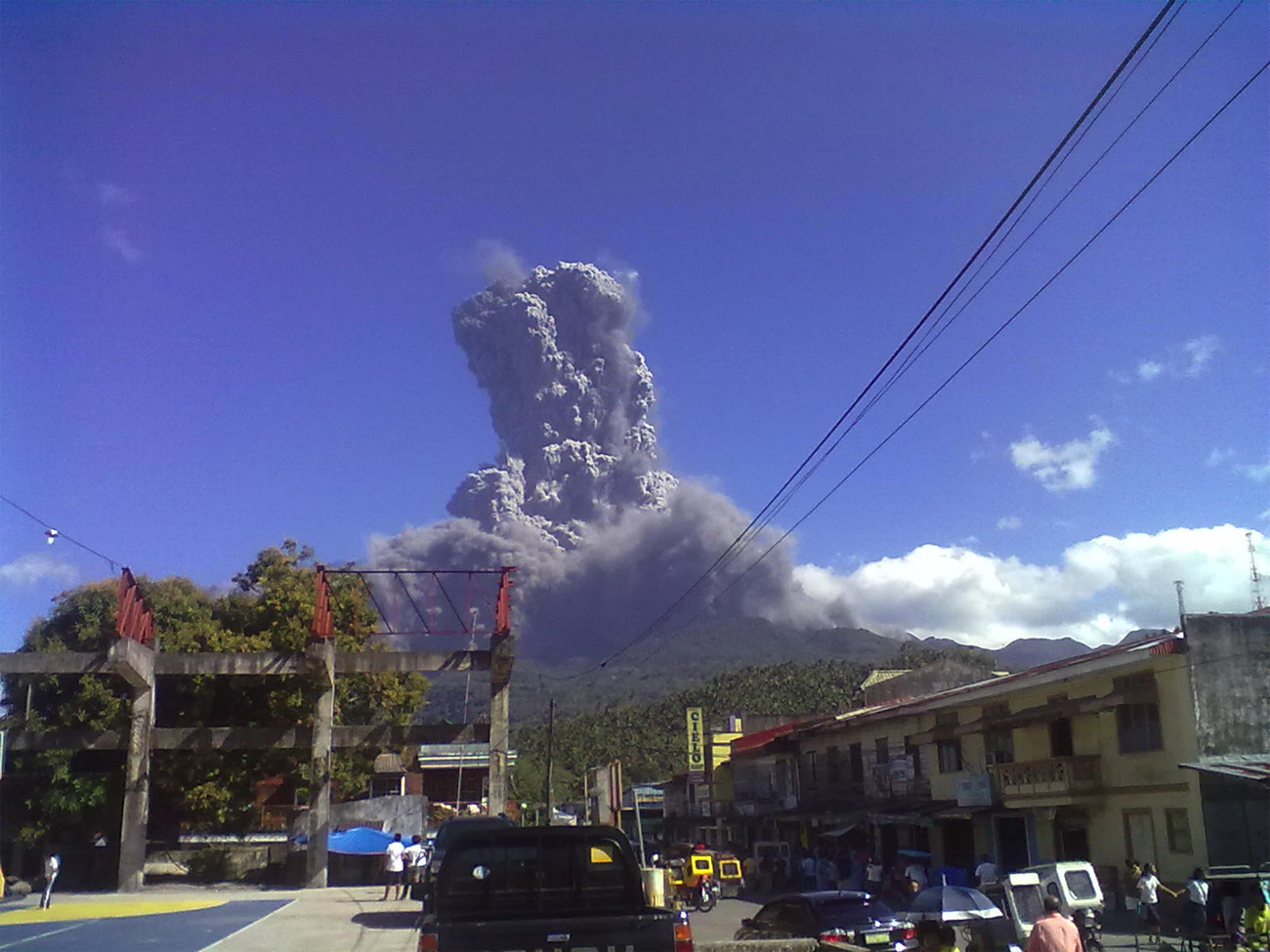
The School of Environmental Science and Management (SESAM) of UPLB is all set for a new Disaster Preparedness and Response (DPR) project called “Documentation and Evaluation of Disaster Mitigation, Preparedness and Response Projects in Four Provinces: Cagayan, Benguet, Laguna, Sorsogon”.
The DPR project has been funded by the UN World Food Programme (UN WFP) and is a second wave of the previous documentation and evaluation project with an expansion to include 11 municipalities under the WFP’s DPR programme-Phase II, namely: Rizal of Laguna, Casiguran, Irosin, Juban, Santa Magdalena of Sorsogon, Atok, Kapangan, Kibungan, Tublay of Benguet province, and Sta. Teresita, Ballesteros of Cagayan.
The team of experts from SESAM, led by Mr. Thaddeus Lawas, made courtesy calls with the first two provinces in February, 2016 and had initial findings on the risks and DPR projects from each town. The locals of Sorsogon are facing threats from volcanic hazards since the province is the home of one of the most active volcanoes in the Philippines. Surrounding the Bulusan Volcano are the barangays of Irosin, Casiguran, and Juban- located in a permanent danger zone, which requires constant education and information on preparedness and response measures for locals for future volcanic eruptions. Meanwhile, typhoons, floods, and landslides were common risks faced by the four towns of Sorsogon and Rizal, Laguna.
The two provinces conducted several DPR activities such as establishment of disaster operation center, emergency response team, capacity building trainings, needs assessment, contingency plans, and IEC campaigns.
Specifically in Irosin, they established Climate Resiliency Field Schools, a non-formal education for farmers. The school has trained hundreds of farmers and provided farm weather advisories to help them decide on the crop variety and planting season in response to the changing climate. Casiguran also showed the gender awareness approach to disaster management by training women as “Banig” sleep mat weavers, which can lead to strengthening existing capacities of women and maximizing local resources. As a sub-project for solid waste management, the municipality of Rizal, Laguna has developed a Material Recovery Facility in Barangays Talaga and Antipolo, as a way to address river clogging and pollution.
One of the project’s main goals is to identify the best disaster risk reduction practices of each town based on the different DPR initiatives done by the LGUs. The team is also working to document and evaluate the levels of preparedness and resiliency. The results of the documentation will be put into a documentary video and a package of IEC materials such as radio plugs, stickers, interactive CD, and mobile app.
This seven-month long project is contributing to the UN-WFP and the Philippine Government ‘s nationwide advocacy to build local capacities and resilience to disasters (Minji Na).

